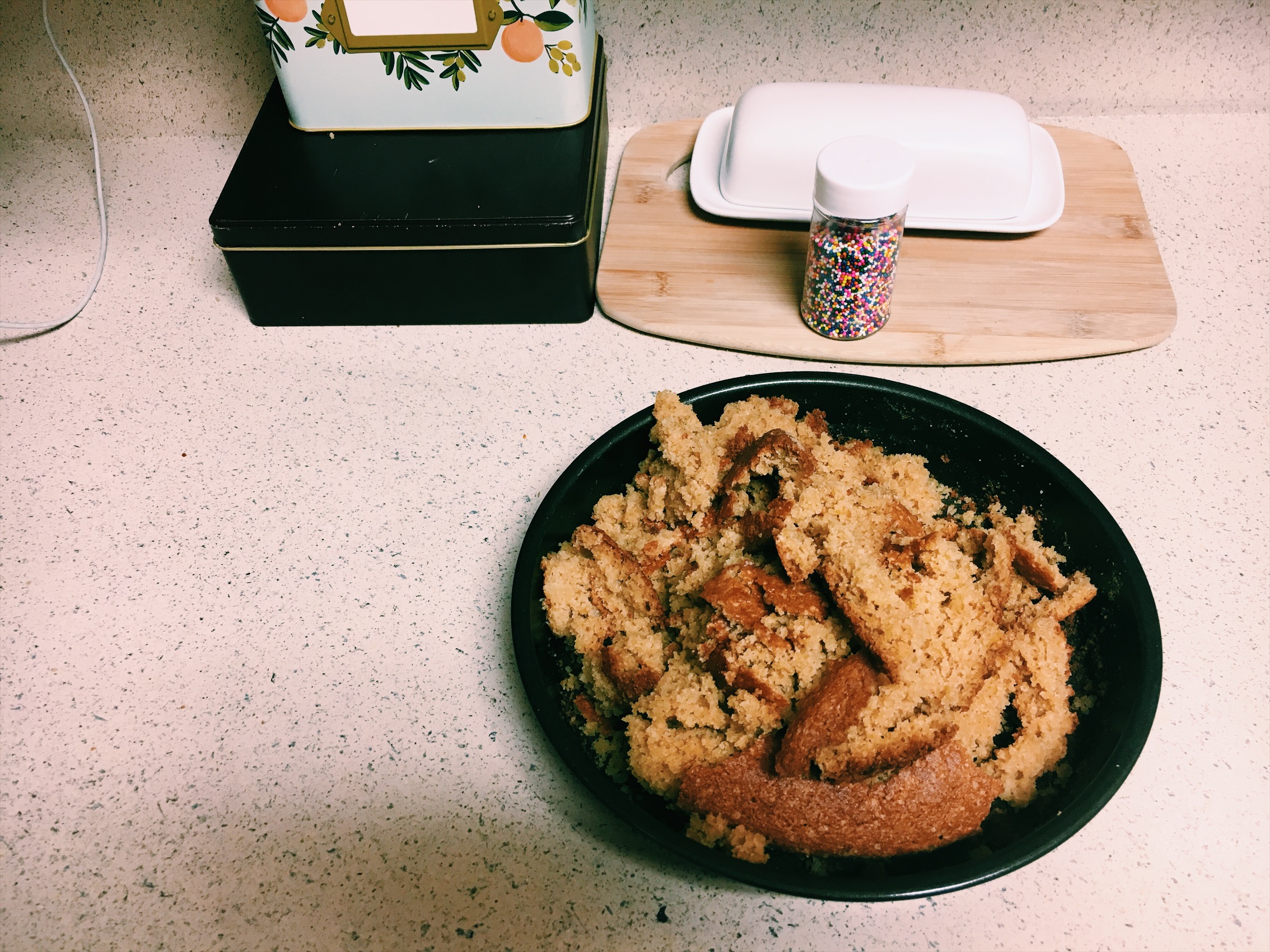Juneteenth
Tuesday, June 19, 2018 (edited June 17, 2021)
Today is Juneteenth. I only recently found out what this day is about when I was at the library with my kids and there were a few books displayed concerning the holiday, next to more books about freedom and the Fourth of July.
It seems as though there are not too many books about Juneteenth. There are a handful of children's books and a novel by Ralph Ellison which I checked out with All Different Now, but there is not much. And although awareness around this day has grown, I gather that still many people, like myself until recently, do not know what Juneteenth is about. I was never taught about it in school and had never even heard the term until this year, 2018. so I will take some time here to explain what this day commemorates.
Juneteenth falls on June 19th. On that day in 1865, Major General Gordon Granger rode into Galveston, Texas to spread the word that the war had ended and that the enslaved people were now free. Juneteenth is held to recognize the day that the last of the those people were freed.
The Emancipation Proclamation on January 1, 1863, which declared that all slaves "are, and henceforth, shall be free," only applied to the enslaved people in Union states, as the South had receded and formed their own government. During the war, Confederate soldiers had kept Union soldiers from entering Texas even after the war was officially over—which took place on April 9, 1865 when General Robert E. Lee surrendered at the McLean House in Virginia—rendering the enslaved people in Texas unable to even know about their freedom because though the slaveholders knew that the South had lost, they did not tell their slaves and kept them in captivity.
I got this information from the children's book I mentioned above called All Different Now written by Angela Johnson and illustrated by E.B. Lewis. The story is a fictionalized account of slaves finding out about their freedom in Galveston, with further historical facts and explanation provided at the end of the book. The story and illustrations are simple and beautiful and painful. On pages 18-19 it says:
"And as more people joined us
we ate as a free people,
laughed as a free people,
and told stories as free people
on
into
the night."
As I finished the story, I couldn't help but wonder how that moment would've felt, full of relief and tears and disbelief but also perhaps a melancholy joy, if you will. For these people as a whole had been given their freedom, finally. And yet, what were they to do now? They owned no property or homes, they possessed no jobs or education, and they had no access to these institutions let alone healthcare or the ability to vote. They continued to live with a very real presence of hatred and racism towards them. Their bodies were in constant danger, their bodies continue to be in danger. The war may have ended, but that did not change worldview and deeply ingrained biases overnight. It did not change many minds and hearts, nor policy. The Thirteenth Amendment abolished slavery in every state and was voted on and passed by the House of Representatives on January 31, 1865 to be added to the Constitution, which was a step in the right direction, but there were still loopholes. White police officers and politicians took advantage of said loopholes to keep Black people destitute and enslaved via incarceration (I highly recommend watching the documentary 13th by Ava Duvernay to better understand this.) A brief period of reconstruction began but was quickly halted as white supremacist groups began to take hold of the south in the early 1870's, and from that period until the 1960's Jim Crow laws were firmly in place. The dual facts that Juneteenth is not a nationally recognized holiday (edit: Congress passed a bill to recognize Juneteenth as a federal holiday on June 16, 2021) nor taught in our schools (along with so much other Black history), and that we still have monuments erected in dedication to the confederate cause, is, to say the least, telling. It says a lot about where we are as a country collectively.
When Juneteenth took place, those men and women owned nothing. Nothing. Not even their bodies. Perhaps in theory, but in reality, they were at the mercy of white America. It is a remarkable thing to think about what the Black community has endured, echoes from slavery still reverberating today. Their anger is justified and sensible.
I was recently talking with a co-worker about our kids. He is a 40 year old Black man with teenagers, and I asked how it was having teens, as I am not quite there yet. His response quieted me, made me stare at my own advantages as these thoughts have never had to cross my mind: "I'm just trying to keep my son alive.”





